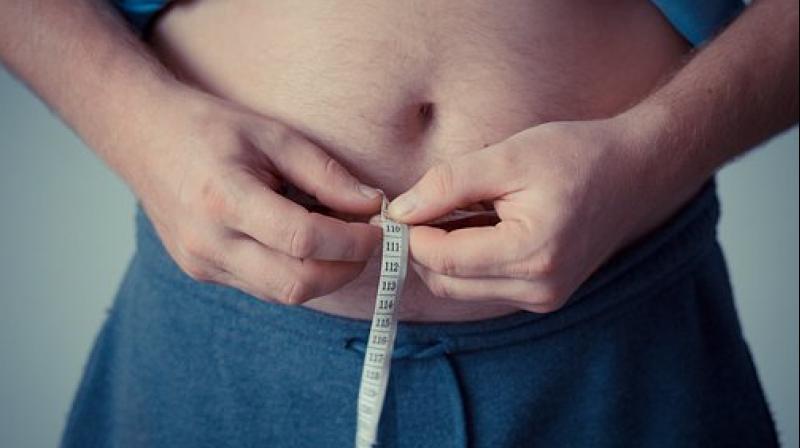Minimising exposure to hormone-disrupting chemicals helps reduce obesity rates
Chemicals that interfere with how our bodies store and process fat are referred to as 'obesogens'.

According to a study, minimising exposure to common hormone-disrupting chemicals may help reduce obesity rates.
Chemicals that interfere with how our bodies store and process fat are referred to as 'obesogens', and have been suggested as a possible contributor to the increasing number of obesity cases.
Obesogens reprogram how our cells work in two main ways: they can promote fat accumulation through increasing the number and size of fat cells or by increasing appetite, or they can make it more difficult to lose fat by changing our ability to burn calories.
Previous studies have identified these chemicals in many everyday products, such as pesticides, plastics, flame retardants, repellent coatings on kitchen utensils and clothes, and artificial sweeteners.
This comprehensive analysis aims to highlight to health professionals, and the public, the main sources of obesogens, and includes specific recommendations on minimising exposure.
Dr Ana Catarina Sousa and her research group, from the Universities of Aveiro and Beira Interior, Portugal, reviewed existing and new epidemiological surveys and animal studies, and showed that the most important sources of exposure to obesogens indoors are diet, house dust, and everyday products such as cleaning chemicals, kitchenware or cosmetics.
Diet samples in some of the studies showed, for example, that obesogens such as tributyltin - a chemical in anti-fouling paint banned a decade ago, and cadmium - a metal widespread in the environment associated with certain cancers, can still be found in food products, in some cases at high concentrations.
"Obesogens can be found almost everywhere, and our diet is a main source of exposure, as some pesticides and artificial sweeteners are obesogens. Equally, they are present in plastics and home products, so completely reducing exposure is extremely difficult - but to significantly reduce it is not only feasible, but also very simple", Dr Sousa said.
Based on the findings of the review, the researchers suggest specific recommendations to reduce obesogen exposure. The recommendations include:
-Choosing fresh food over processed products with long lists of ingredients on the label - the longer the list, the more likely the product is to contain obesogens
-Buying fruit and vegetables produced without pesticides, such as certified organic or local pesticide-free products
-Reducing the use of plastic, especially when heating or storing food. Instead, use glass or aluminium containers for your food and drinks.
-Removing shoes when entering the house to avoid bringing in contaminants in the sole of shoes
-Vacuuming often, using high-efficiency particulate air (HEPA) filters and dust your house frequently using a damp cloth.
-Removing or minimising carpet at home or work, as they tend to accumulate more dust
-Avoiding cleaning products when possible, or choose those that do not contain obesogens
The research was presented in Barcelona at the European Society of Endocrinology annual meeting, ECE 2018.

